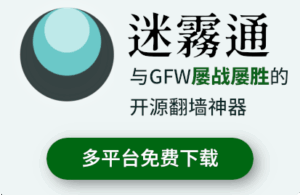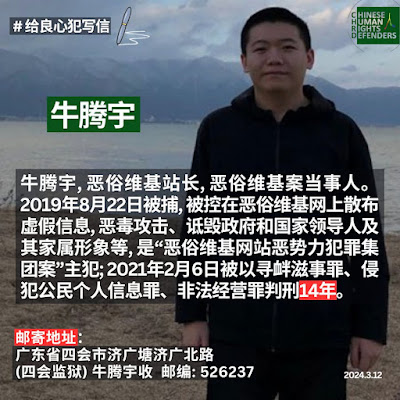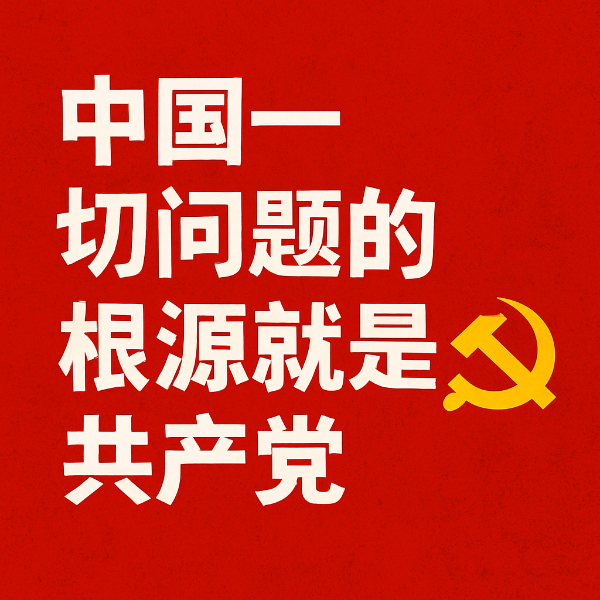如果HSI的6%不够过瘾的话,美股永远不会让你失望。还没开市,中概股就被开市前抛售,今天还没过完就平均跌幅超过15%,
这一年美股基本各大China Tech都跌了超过50%……阿里都跌破8年前的发行价了……
不理解美股单日15%是什么概念的话,可以了解一下Nasdaq指数有史以来最大单日跌幅。
Financial Time 新闻:
https://www.ft.com/content/1dff4b82-151d-4689-900a-5d968837faa8
机翻:
在中国国家主席习近平获得第三个党的领导人任期以及新数据显示中国经济远低于北京的增长目标后,中国科技股大幅下挫。
在中国表示其国内生产总值落后于第三季度设定的目标后,恒生科技指数周一在香港下跌 9.7%。该指数在一天内仅下跌过一次。
追踪在美国上市的中国公司股票的纳斯达克金龙指数下跌 15%,原因是阿里巴巴、京东和拼多多都面临沉重的抛售压力。自 2021 年底以来,该指标现在下降了约 50%。
周一的新数据显示,中国第三季度经济增速同比加快至 3.9%,但仍低于北京设定的 5.5% 的年度目标。
法国兴业银行亚洲股票策略主管弗兰克·本齐姆拉(Frank Benzimra)表示,中国股市的投资者对周日宣布的中国共产党最高领导机构的成员变动感到不安,其中聚集了更关注国家安全而非经济改革的干部.
中国科技股已经“被极度低估,但现在与其说是收益状况,不如说是你想给这些名字加多少风险溢价——不仅仅是阿里巴巴,更普遍的是中国科技和互联网部门”,他补充说。
阿里巴巴周一在华尔街交易中下跌 14%,低于 8 年前在纽约的每股 68 美元首次公开募股价格,当时是全球最大的上市公司。
自上市以来,该公司的收入增长了 14 倍以上,调整后的利润翻了一番。但自 2020 年北京取消数字支付附属公司蚂蚁集团的首次公开募股后,该集团的股价一直在下滑,蚂蚁集团原本计划筹集创纪录的 370 亿美元。阿里巴巴在此期间下跌 80%,反映出股票市值损失了约 6700 亿美元。这家科技公司 8 月份公布了自纽约上市以来的首次季度收入下降。
周一的重组突显了自北京对该行业实施监管打击以来,中国最大的科技集团面临的日益严峻的挑战。
阿里巴巴面临来自传统电子商务竞争对手京东和拼多多的日益激烈的竞争,以及字节跳动的抖音(中国版 TikTok)等新型平台的竞争。
阿里巴巴最大股东、由孙正义领导的日本投资集团软银也已开始减持股份。自 1 月以来,软银已通过预付远期合约出售了 2.13 亿股阿里巴巴股票,约占中国集团流通股总数的 8%。
据两位知情人士透露,股价暴跌削弱了中高层管理人员的薪酬,他们的总薪酬为股票的 30% 至 40% 或更多。
一名员工表示,政府对科技的打击和股价下跌削弱了公司的“动力和精力”。
“在过去的一到两年里,人们已经停止努力工作,”这位人士说,并指出他们个人每周的工作时间减少了大约 20 小时。
阿里巴巴的文件还显示,自今年年初以来,该公司已裁员 13,000 多个职位。
与此同时,长期以来被吹捧为阿里巴巴下一个主要收入驱动力的集团云部门的增长已大幅放缓,其电子商务网站淘宝和天猫的销售额在截至 6 月底的三个月内出现萎缩。
“眼下,阿里巴巴员工正与我们的商家一起努力为一年一度的11.11全球购物节做准备。用 FT 调查的一名员工的观点来代表阿里巴巴 24 万多名员工是不合逻辑的,”阿里巴巴表示。
—-
原文:
Chinese technology stocks sold off sharply after President Xi Jinping secured a third term as party leader and new data showed the country’s economy fell well short of Beijing’s growth target.
The Hang Seng Tech index dropped 9.7 per cent on Monday in Hong Kong after China said its gross domestic product lagged the target set for the third quarter. The index has only once before fallen as much in a day.
Nasdaq’s Golden Dragon index, which tracks US-listed shares in Chinese companies, dropped 15 per cent as Alibaba, JD.com and Pinduoduo all came under heavy selling pressure. The gauge is now down by about 50 per cent since the end of 2021.
Fresh data on Monday showed China’s economic growth rate accelerated in the third quarter to a 3.9 per cent year-on-year pace, but remained below Beijing’s annual goal of 5.5 per cent.
Frank Benzimra, head of Asia equity strategy at Société Générale, said investors in Chinese stocks had been unsettled by the shift in membership of the Chinese Communist party’s top leadership body announced on Sunday, which was stacked with cadres more focused on national security than economic reform.
Chinese technology stocks were already “extremely undervalued, but now it’s not so much about the earnings profiles, it’s more about how much of a risk premium you want to put on these names — not just Alibaba, but more generally for the Chinese tech and internet sector”, he added.
Alibaba dropped 14 per cent in Wall Street trading on Monday, pushing it below its $68-a-share initial public offering price in New York eight years ago, in what was at the time the world’s largest listing.
The company has increased its revenues more than 14-fold and doubled adjusted profits in the years since its market debut. But shares in the group have been sliding since 2020 after Beijing cancelled the IPO of digital payments affiliate Ant Group, which had been set to raise a record $37bn. Alibaba’s 80 per cent decline in that period reflects a loss of about $670bn in equity market value. The tech company in August reported its first quarterly revenue decline since its listing in New York.
Monday’s shakeout highlights the mounting challenges faced by China’s largest tech groups since Beijing launched a regulatory crackdown on the sector.
Alibaba faces rising competition from traditional ecommerce rivals JD.com and Pinduoduo and a new breed of platforms such as ByteDance’s Douyin, the Chinese version of TikTok.
Alibaba’s largest shareholder SoftBank, the Japanese investment group led by Masayoshi Son, has also moved to sell down its stake. Since January SoftBank has sold 213mn Alibaba shares through prepaid forward contracts, representing about 8 per cent of the Chinese group’s total outstanding shares.
The plummeting share price has dented salaries for middle and upper management, who receive 30 to 40 per cent or more of their total pay as stock, according to two people familiar with the matter.
One employee said the government’s tech crackdown and sinking share price had sapped “drive and energy” from the company.
“Over the past one to two years people have stopped working hard,” the person said, noting they personally worked about 20 fewer hours a week.
Alibaba’s filings also show the company has shed more than 13,000 positions since the start of the year.
Meanwhile, growth at the group’s cloud arm, long touted as Alibaba’s next major revenue driver, has slowed considerably and sales from its ecommerce sites Taobao and Tmall shrank during the three months to end-June.
“Right now, Alibaba employees are working hard alongside our merchants to get ready for the annual 11.11 Global Shopping Festival. It is illogical to use the view of one employee surveyed by FT to represent the more than 240,000 strong at Alibaba,” Alibaba said.








